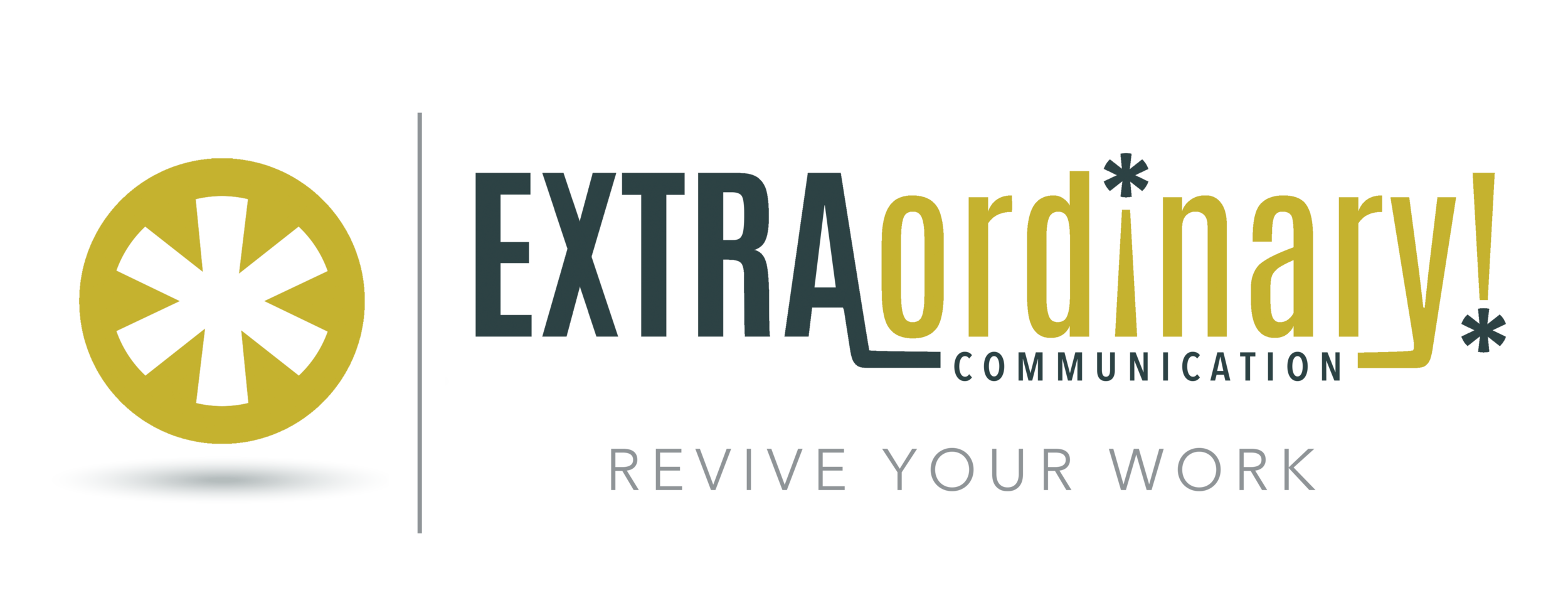E-couragement: Disengagement Gets Personal
 “To believe your own thought, to believe that what is true for you in your private heart is true for all men, that is genius.” Ralph Waldo Emerson
The meeting had ended well, including an opportunity for future business. I was reflecting on the conversation that had taken place around the gleaming cherry veneer conference table. It was a lively discussion shared with several key leaders. Almost out of the gate the Executive VP asked, “Rich, how do you know when employees are disengaged?” I spouted off some data and key points that indicate disengagement. Our conversation moved forward. Now, ten minutes after our final handshake, I’m remembering that there’s another answer to that question and it gets personal.
“To believe your own thought, to believe that what is true for you in your private heart is true for all men, that is genius.” Ralph Waldo Emerson
The meeting had ended well, including an opportunity for future business. I was reflecting on the conversation that had taken place around the gleaming cherry veneer conference table. It was a lively discussion shared with several key leaders. Almost out of the gate the Executive VP asked, “Rich, how do you know when employees are disengaged?” I spouted off some data and key points that indicate disengagement. Our conversation moved forward. Now, ten minutes after our final handshake, I’m remembering that there’s another answer to that question and it gets personal.
It was fall 2001, four years after selling my company and remaining on as Vice President. We had just experienced a significant culture shift within the organization. An employee approached me; I detected a look of concern in her eyes—it was a familiar expression worn by our staff at that time. “Rich, can I speak with you?” I noticed her voice tone and body language screaming “discouraged!” Without much thought, I responded, “Yes, I can listen… but I can’t do anything about it.” That was the phrase which embodied my personal disengagement. I had said what I had been feeling for several months: I no longer make a difference here. I was still showing up for work physically, yet emotionally, intellectually, and spiritually I had quit—I just hadn’t left. Within six months, I was gone from the only career I had known since graduating from college fifteen years earlier.
Disengagement is hard to define, yet you know it when you feel it; it can’t be expressed with numbers and statistics alone. It is…very personal. Unfortunately too many people live with its symptoms for far too long. You do not have to remain a victim of the disengagement crisis. Ultimately, you are responsible for your own engagement or lack thereof. As I reflect back on the actions I took to navigate from that place of disengagement back into engagement, here’s the lessons that appear:
- Recalibrate: Periods of disengagement are perfect opportunities to realign with your passion. Use your circumstances to reevaluate your strengths and talents. How can you put them to better use? What is it that people say you’re great at? What work activities make you feel most alive and excited? Begin to recalibrate your career so it better aligns with your answers.
- Learn: Use times of disengagement to learn new skills. What other areas of competence are needed to develop yourself and move forward? Take the necessary courses. Invest in yourself. You’re worth it.
- Intake: During times of disengagement it’s important to create a positive stream of energy for yourself. Evaluate what you’re reading. Is it uplifting and inspiring? What are you listening to on the radio or CD’s? Does it encourage you? Who are you having conversations with? Are they helping you feel more valuable? Take control of the programming you’re receiving and make it positive.
- Risk: Take risks. What have you got to lose? Remaining in a soul sapping role is not an option for you. Find the courage to get out of your comfort zone. Meet new people and seek new opportunities. Here’s a truth, you have a lot to offer. Find the place with the people who will appreciate that about you.
If you are finding yourself disengaged for the first time or if this is a pattern, it’s time to act. Consider how you can use your current circumstances as a catalyst to create an engaging work experience for yourself. You deserve it. You owe it to yourself. Disengagement is personal. What’s the first step you can take? I’ll be cheering you on.
Leave your comments: What techniques or strategies have you found helpful in moving from disengaged to engaged in the workplace?
